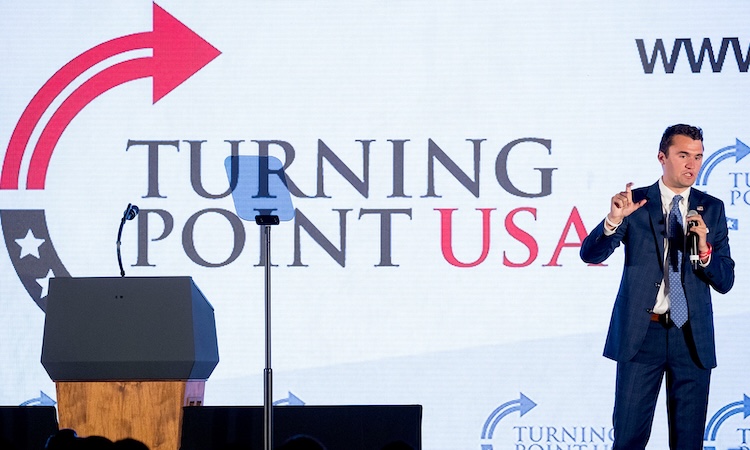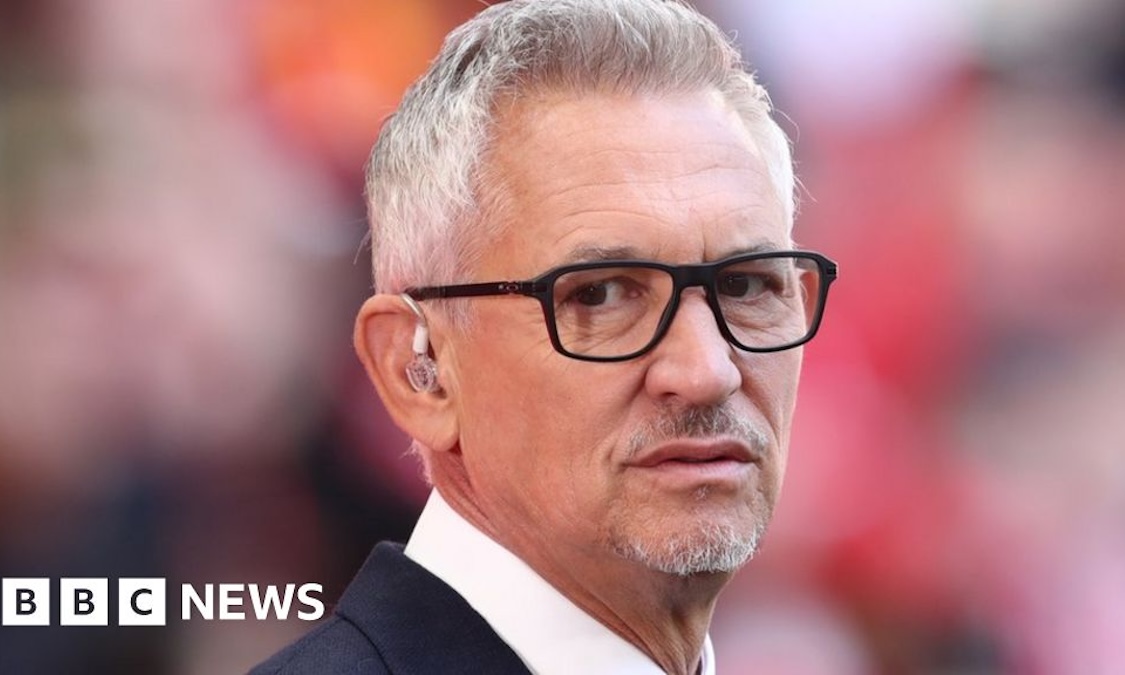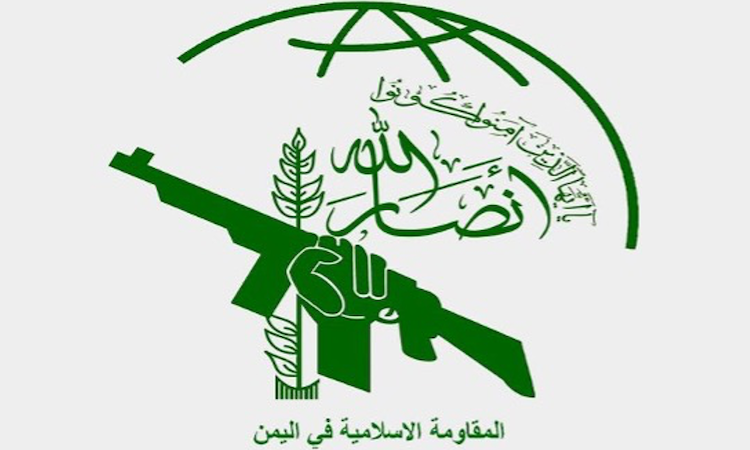The following text is taken from a video produced by Social Rights Ireland (see above).
*****
The Break the Academic Chains of Zionism encampment at University College Dublin has faced escalating forms of intimidation and suppression that expose both the overt and subtle mechanisms of institutional control.
The recent expulsion and threatened arrest of our non-white, non-European comrade for carrying a Palestine umbrella and quietly playing Jivan Gasparyan’s They Took My Love Away (a mournful song about the Armenian genocide), reveal how political expression is racialised and policed on this campus. His calm, non-disruptive act was treated as a threat, exposing how “public order” is selectively enforced when it comes to pro-Palestinian and anti-imperialist solidarity.
This was not an isolated administrative overreach. It is a manifestation of the university’s function as an ideological arm of the zionist entity and, more broadly, of the capitalist and imperialist system it serves. The encampment’s experience makes one thing unmistakably clear: that UCD students have no meaningful right to free speech when that speech challenges power.
There is no transparency and, more strikingly, no visible protest within the institution against this suppression. The antisocial architecture of UCD (physical, bureaucratic and cultural) works to make silence feel normal; to make compliance seem inevitable.
Beyond overt repression, the encampment has endured a campaign of quiet attrition – passive-aggressive monitoring, petty restrictions and symbolic erasures.
The friendly community Garda’s daily performance of “concern”, the management’s constant policing of space and expression, and the prohibition on even a small bucket for donations collectively create a system of soft repression.
This approach aims not to violently dismantle the camp, but to exhaust, isolate and delegitimise it.
UCD’s management has refined the art of silencing dissent, expertly maintaining the image of civility while erasing any voice that resists.
These acts of bureaucratic control and censorship expose the university’s class character as a site of intellectual and material reproduction for the ruling order.
The denial of material autonomy – even the right to sustain ourselves through small donations – mirrors how the system constrains the self-sufficiency of working and oppressed peoples. Any organising that lies outside state-approved, NGO-sanctioned channels is treated as dangerous and must be neutralised before it grows.
The questions now are:
Where are the public figures? Where are the so-called ‘progressive’ groups and celebrity activists who claim to defend free speech and justice? Their silence reflects how deeply the ideological control of imperial institutions runs.
The UCD encampment’s persistence, therefore, represents not only a protest against one injustice, but a rupture in the ideological coherence of the university itself. This is a moment where the contradictions between the rhetoric of “liberal freedom and inquiry” and the reality of capitalist control become impossible to ignore.
Our struggle isn’t isolated. It’s part of a broader anti-imperialist and anti-capitalist movement that exposes how liberation, whether in Palestine or on campus, can’t be won through reform or appeals to institutional conscience.
It must come through collective, organised resistance that confronts the state and its ideological apparatuses – those that manufacture consent for exploitation, apartheid and, indeed, genocide.















